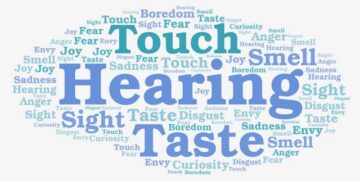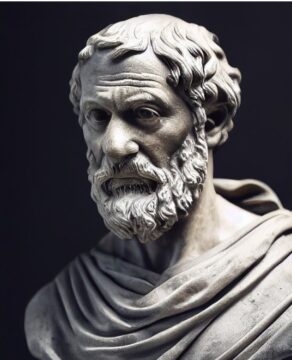by Christopher Horner

Existentialism was my introduction to the world of philosophy. I was first drawn in by its core idea, that individuals forge their own identities through their actions and, through the values they embrace. This notion held appeal for a young man searching for identity beyond family ties, a philosophy both romantic and invigorating. Like many others, my early intellectual heroes were the post-war French thinkers who seemed to embody these ideals: primarily Sartre, but also Camus, and although I vaguely sensed Camus’ approach to the absurd was different, I clumped him in with Sartre, which was a mistake. Then there was Simone de Beauvoir, whom I relegated to a secondary role: I was wrong about that, too. Those formative years painted existentialism as inherently French and Parisian and I was only dimly aware of other figures like Heidegger, Kierkegaard, and Nietzsche. The literary dimension and imagined Left Bank lifestyles added to existentialism’s allure. The glamour of it all! Where has it gone?
Radical Choice
In retrospect, I find many aspects of Sartrian existentialism problematic. Central among these is the concept of the individual as a ‘radical chooser’—the idea that meaning and value, absent from the world, must be created through acts of choice, thereby affirming value. This amounts to a form of extreme voluntarism: something is deemed good solely because one wills it to be so. “Existence precedes essence”—we become what we do. This is an untenable position.
I have previously discussed this issue of ‘existential choice’ on 3QD and will not elaborate at length here.[1] Briefly, if our choices are radically free, unconstrained by external facts, then any decision is justifiable only by the will of the actor. There are no external criteria for determining whether a choice is ‘right’, only that it is made freely. But then, choices look arbitrary, or they would if that was what happens in real life. People don’t act like that over any but the most trivial choices. Our decisions, our actions, presuppose commitments and frameworks of value, and dilemmas arise precisely because such frameworks are already in place. One may agonise over a moral dilemma, uncertain whether one has chosen rightly, but one cannot choose whether a situation constitutes a dilemma in the first place. Read more »



